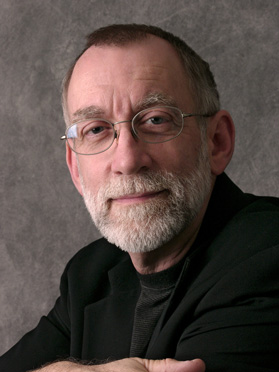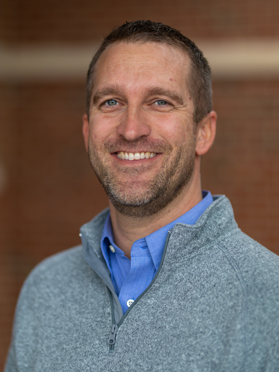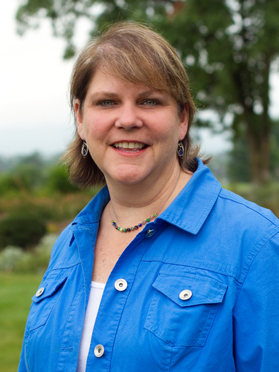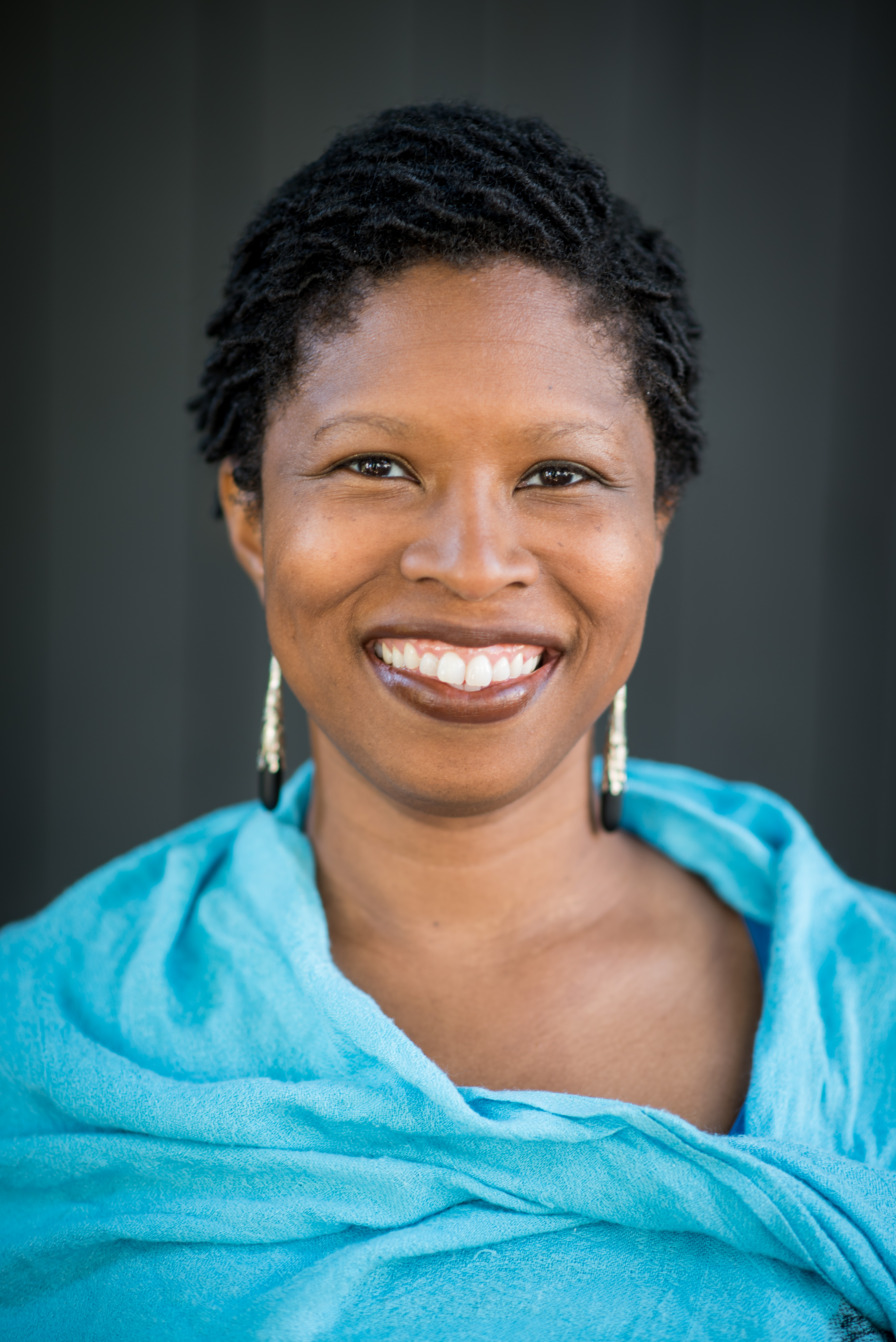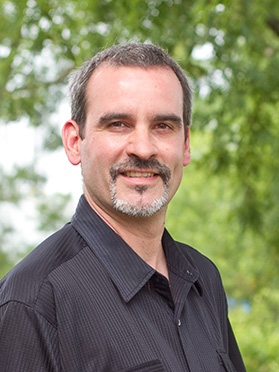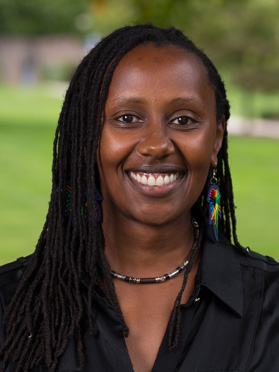Meet the STaff: Present and Past
About the Institute
The Zehr Institute for Restorative Justice, founded in autumn 2012, is a program of the Center for Justice and Peacebuilding at Eastern Mennonite University.
The Zehr Institute advocates for restorative justice as a social movement, and is also a convener of spaces where knowledge about restorative justice practices and programs can be shared among practitioners and learners, by facilitating conversations and cultivating connections through activities such as conferences, webinars and both in-person and online courses.
A Timeline of the institute
|
Date |
Name |
Description |
|
January 2012 |
Inception of Zehr Institute |
The Center for Justice and Peacebuilding (CJP) developed the Zehr Institute (ZI) to cultivate restorative justice (RJ) conversations, connections and learning. |
|
Summer 2012 |
Beginning of webinar series |
The ZI began a regular series of webinars covering a broad range of RJ topics that are broadcast on a monthly basis to a diverse audience. This series continues to the present day. |
|
August 2014 |
Graduate Certificate in Restorative Justice offering |
In 2014, CJP began to offer a Graduate Certificate in RJ with the expectation that a Master’s Degree program would commence in Fall 2016. The ZI played a key role in its development. |
|
November 2014 |
Creation of the “Restorative Justice - The Next Generation” project. |
On the social margins, there is growing research and experimentation with RJ as a tool for addressing structural harms and injustices. This project explored and documented these emerging practices in order to recapture the revolutionary intent of RJ. This was a three-year initiative with the following objectives:
A proposal was submitted to funders including the Porticus Project to provide resourcing for this project. |
|
January 2015 |
25th anniversary of “Changing Lenses” |
The ZI celebrated the 25th anniversary of the publishing of Howard Zehr’s book, “Changing Lenses” with a series of programming that ran throughout the year. |
|
March 19, 2015 |
Launch of Harrisonburg Police Department RJ Program with Support of the Zehr Institute. |
Dr. Howard Zehr and Dr. Carl Stauffer, ZI co-directors, helped create a new program with the Harrisonburg Police Department and to embark upon a city-wide RJ coalition, making it the first of its kind in Virginia. The coalition is comprised of groups from JMU, EMU, Harrisonburg Public Schools and the Harrisonburg Police Department. The coalition meets quarterly. Learn more at: https://zehr-institute.org/news/harrisonburg-police-and-community-members-join-hands-in-offering-restorative-justice-option/) |
|
April 2015 |
Palaver: RJ Lawyers Gathering |
This gathering brought together groups of lawyers interested in RJ from across the country. |
|
April 22-September 21, 2015 |
Webinar Series: Restorative Justice and Education with Dr. Kathy Evans |
Dr. Kathy Evans hosted a webinar series on RJ and education. The five webinars included the voices of a diverse set of RJ practitioners somehow involved in the education system. Topics included; “Possibilities for Interrupting the School-to-Prison Pipeline”, a panel discussion on everyday RJ in school practices, and the importance of relational pedagogy. Episodes can be accessed at this link: https://zehr-institute.org/webinars/past-webinars/ |
|
May 2015 |
“Restorative Justice - The Next Generation”: Consultation |
The ZI convened 36 select thought leaders to imagine the next generation of restorative justice. The process entailed the following:
|
|
October 26-November 1, 2015 |
Nepali Delegation of Judges, Prosecutors and Court Officials |
Six experts developing curriculum to train Nepali judges and law enforcement in restorative practices came to Eastern Mennonite University and were hosted by the Zehr Institute. Learn more here: https://emu.edu/now/news/2015/no-better-place-nepali-judges-explore-restorative-justice-with-emu-experts-and-harrisonburg-community-practitioners/ |
|
November 2015 |
Palaver: RJ in Policing |
This gathering brought together law enforcement professionals from across the country who are already engaged in applying restorative justice to their work. |
|
Spring 2016 |
Dr. Johonna Turner joins the Zehr Institute |
Dr. Johonna Turner, who joined the faculty of CJP in fall 2015, becomes an active member of the Zehr Institute leadership team during her second semester at EMU. Her initial role as a Faculty Associate will become named and institutionalized in January 2017. |
|
June 2016 |
“Restorative Justice - The Next Generation”: Conference |
This public conference facilitated discussion around ways to broaden the RJ field to address structural injustice and collective harm. The objective was to document and compare best RJ practices for structural change. A cross section of 170 practitioners, activists, organizers and academics attended conference to further reflect and deliberate on process of describing, framing and sustaining the RJ movement |
|
November 8, 2016 |
Panel: Healing Legacies of Harm and Everyday Conflicts |
The ZI hosted a panel open to the EMU campus and broader community entitled, “Healing Legacies of Harm & Everyday Conflicts: Integrating Restorative and Indigenous Justice Around the World”. The panel featured research presentations from CJP students, alumni and faculty from Indonesia, Colombia, Libya and the United States. The participants and their roles at that time were: Agnes Chen, a Master’s Candidate at CJP, Diana Tovar, a Master’s Candidate at CJP, Najla El Mnagoush, PhD Student and Program Officer for Peacebuilding and Traditional Law, Center for World Religions, Diplomacy and Conflict Resolution at George Mason University, and Dr. Carl Stauffer (CJP ‘02), Associate Professor of Justice and Development Studies and Co-Director of the ZI. The panel focused on how people around the world are using justice approaches from their own cultures to address civil war, genocide, historical harms, and everyday conflicts. They highlighted research on the realities and potentialities in Indonesia, Colombia, Libya and Sierra Leone. |
|
October 2016-May 2017 |
“Maximizing the Impact of the Restorative Justice Movement”: a Strategic Listening Project |
This project included a listening and framing phase to solidify learnings from the 3-year “Next Generation” project. Six regional focus groups were conducted across the US from December 2016-March 2017. The framing phase involves hosting 12 thought leaders at Eastern Mennonite University in April of 2017. |
|
2017 |
“Restorative Justice - The Next Generation”: Writing Workshop |
This creative writing workshop involved joint writing, peer-review and draft feedback processes with an aim at reaching a broad, public audience with RJ knowledge and education. Twelve author voices were included in the creation and publication of an anthology to get the message out to a larger audience. The anthology can be found at the ZI web site: https://issuu.com/easternmennoniteuniversity/docs/restorative-justice-listening-proje |
|
October 23-October 27, 2017 |
Brazilian Delegation of RJ Practitioners, Judges, Prosecutors and Social Workers |
The Zehr Institute hosted a delegation of 25 practitioners from across Brazil with diverse professional backgrounds. They spent five days visiting Harrisonburg-area programs, contemplating RJ practices and pedagogies, and witnessing shared values. More details can be found here: https://emu.edu/now/peacebuilder/2018/09/global-delegations-institute-hosts-delegations-from-brazil-and-korea/ |
|
April 2017 |
Listening Project Report Released |
The culminating product of the Listening Project was released. The aim of this document is to provide strategic analysis and guidance to the Porticus Foundation on how they can most significantly leverage their allotted resources to maximize the impact of the RJ movement in the next decade. The full document can be found here: https://issuu.com/easternmennoniteuniversity/docs/restorative-justice-listening-proje |
|
February 2018 |
South Korean Delegation of Teachers |
A delegation of teachers from South Korean visited Eastern Mennonite University to learn about the spiritual, cultural and historical backgrounds of the restorative justice movement. They were hosted by the Center for Justice and Peacebuilding and the Zehr Institute for Restorative Justice. More information can be found here: |
|
March 13-April 3, 2018 |
Online Training for Police |
Dr. Carl Stauffer and Officer Vanessa Westley co-taught a course for police officers entitled; “Law Enforcement Through Restorative Justice: Peacebuilding in the Community”. The course was an introduction to restorative justice with an emphasis on its applications in law enforcement and community-engaged program partnerships. Officer Westley is a 27-year veteran of the Chicago Police Department |
|
June 2018 |
“Life Comes From It” Fund is Launched |
Life Comes From It is a grantmaking circle that funds restorative justice, transformative justice and indigenous peacemaking work led by people of color. It was launched in response to key findings in the ZI Listening Report about the need for funding mid-level and small RJ organizations and the need to address the need for racial justice much more explicitly within the RJ sector. Dr. Johonna Turner represents the ZI as a member of the advisory board. Please see their website for more information: https://www.lifecomesfromit.org/ |
|
August 2018 |
Institute Co-Founder Shifts to New Role |
Dr. Howard Zehr, co-founder of the ZI shifted to a new position as director emeritus. |
|
August 2018 |
Dr. Johonna Turner Named Co-Director of the Zehr Institute |
Dr. Johonna Turner began serving as co-director as ZI entered its 7th year. Dr. Turner hopes to widen the institute’s reach by including individuals and groups involved in grassroots activism whose important contributions to RJ have not received the attention they deserve. |
|
August 2018 |
Strategic Planning Process Commences |
See grant proposal |
|
Fall 2018 |
Everyday RJ Workshops on EMU Campus Initiated |
The ZI began hosting Everyday RJ workshops on the EMU campus instituted in partnership with the Student Life Division. These are one-day informational trainings for anyone connected to EMU campus. They take place once per semester. The workshop was first conceptualized by CJP student Katrina Poplett. Learn more at: https://emu.edu/now/news/2019/cjp-grad-student-leads-first-campus-community-rj-training/ |
|
Fall 2019 |
Area Specialists Added to the ZI Team |
The Area Specialists position is a way to recognize and amplify the work of experts in restorative justice on the EMU campus as well as strengthen the ability of the ZI to connect and collaborate with one another. Our Area Specialists, Dr. Kathy Evans (RJ in K-12 Education) and Jonathan Swartz (RJ in Higher Education):
|
|
Summer 2019 |
Second Brazilian Delegation of RJ Advocates |
54 RJ practitioners and advocates from Brazil attended the Summer Peacebuilding Institute. The Brazilian judicial system had been showing growing interest in RJ and for years CJP was developing relationships with people there. The SPI courses attended by these practitioners provided tools that will help broaden how RJ is used in Brazil. More information can be found here: https://emu.edu/now/news/2019/fifty-four-brazilian-restorative-justice-advocates-attend-summer-peacebuilding-institute/ |
As part of the Center for Justice and Peacebuilding at Eastern Mennonite University, the Zehr Institute is exempt from taxation under section 501(c)(3) of the Internal Revenue Code.

